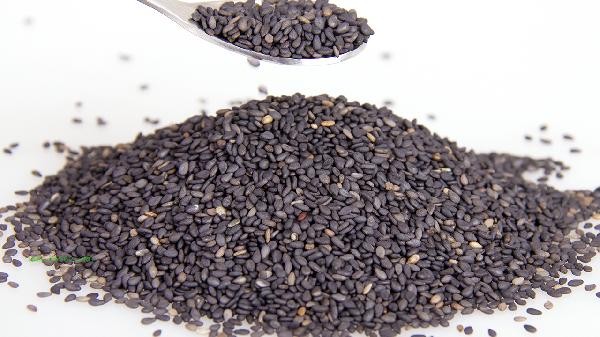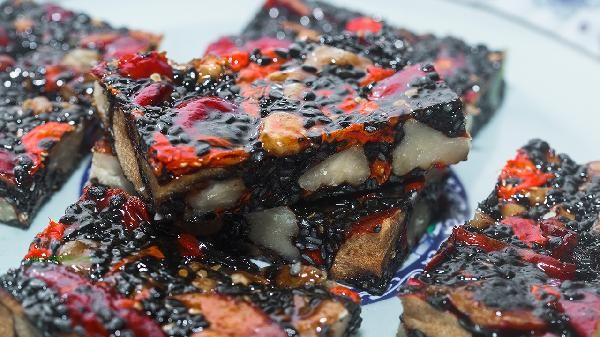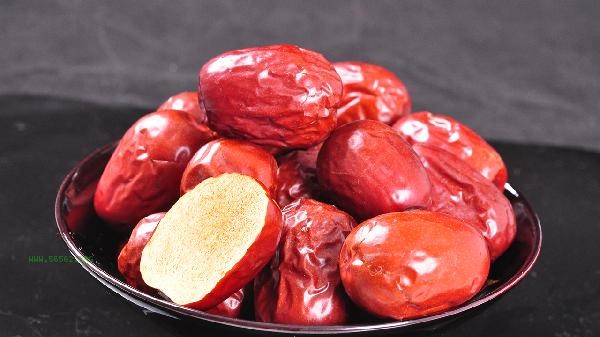Middle aged and elderly men can supplement protein powder, vitamin D, calcium tablets, fish oil, coenzyme Q10 and other nutritional supplements in moderation, but should choose according to their individual health condition under the guidance of a doctor. Middle aged and elderly men may experience muscle loss, osteoporosis, and weakened cardiovascular function due to physiological decline. Reasonable nutrition supplementation can help maintain a healthy state.

1. Protein Powder
Protein powder is suitable for middle-aged and elderly men who have insufficient protein intake in their diet, and can help delay muscle loss. Whey protein and plant protein are common types, with whey protein having a higher absorption rate, while soy protein contains plant estrogen analogs. People with weak gastrointestinal function should choose hydrolyzed protein, while those with abnormal renal function should strictly control their intake.
2. Vitamin D
Vitamin D can promote calcium absorption and improve common osteoporosis problems in middle-aged and elderly men. Insufficient sunlight or decreased liver and kidney function can affect synthesis in the body. It is recommended to determine whether there is a deficiency by testing serum levels of 25 hydroxyvitamin D. Excessive supplementation may lead to elevated blood calcium levels, and urinary calcium should be monitored when taken with calcium supplements.
III. Calcium Tablets
Calcium carbonate and calcium citrate are commonly used calcium supplements, with a recommended daily intake of 1000-1200 milligrams for men over 50 years old. Calcium carbonate should be taken with meals, and calcium citrate is more suitable for those with stomach acid deficiency. Long term calcium supplementation should be combined with vitamin D, and patients with prostate diseases should avoid excessive calcium supplementation.

4. Fish Oil
Fish oil rich in EPA and DHA can help regulate blood lipids and reduce the risk of cardiovascular disease. It is recommended to choose high-purity fish oil products, with a daily intake of EPA+DHA not exceeding 2000 milligrams. Those taking anticoagulant drugs should use them with caution and discontinue use before surgery.
5. Coenzyme Q10
Coenzyme Q10 has antioxidant properties and can improve myocardial energy metabolism. Supplementing with coenzyme Q10 for statin users may alleviate muscle side effects. It is recommended to choose the form of ubiquinone, with a daily dose not exceeding 100 milligrams, as some people may experience gastrointestinal discomfort.

Middle aged and elderly men should undergo a health assessment before choosing supplements to avoid blindly taking them. Daily diet should ensure the intake of high-quality protein, whole grains, and dark vegetables, and moderate strength training and aerobic exercise should be carried out every week. Regular physical examinations should be conducted to monitor liver and kidney function, bone density, and other indicators. If any abnormal symptoms occur during the use of supplements, timely medical attention should be sought. Attention should be paid that supplements cannot replace medication treatment. Patients with chronic diseases need to adjust their medication and nutritional supplementation plans according to medical advice.




Comments (0)
Leave a Comment
No comments yet
Be the first to share your thoughts!